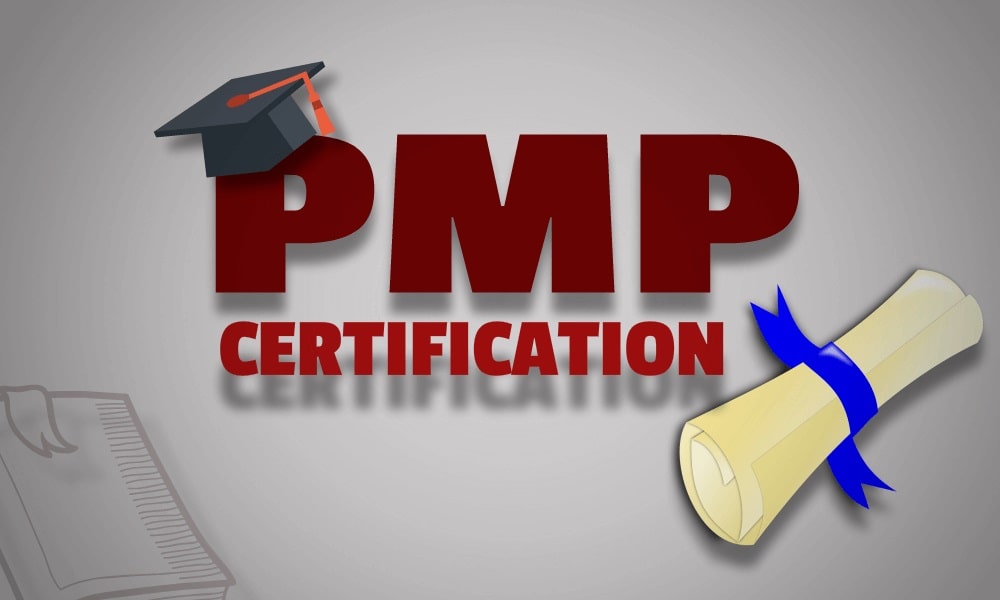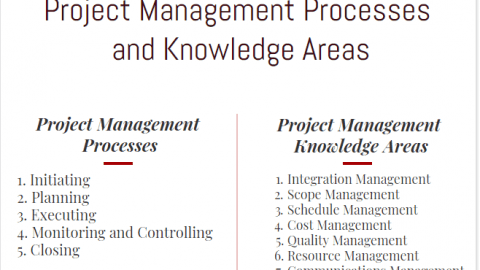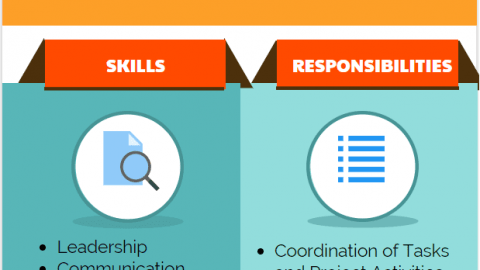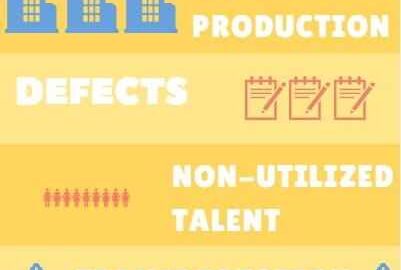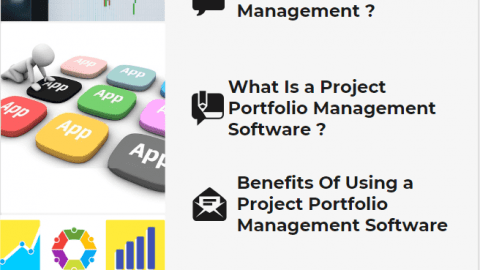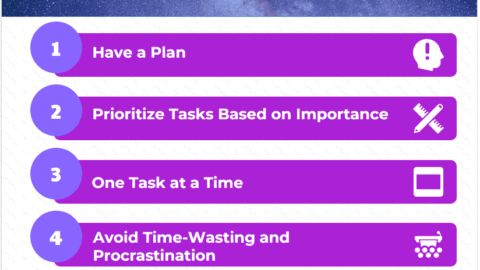Advantages and Disadvantages of PMP Certification
Many people believe that one can start a career in project management by becoming PMP certified, which is not at all true. If you are contemplating of starting a career in project management, PMP certification will not help you. In fact, you cannot even apply for the PMP exam without having the requisite project management experience. If you do not have the requisite experience and you want to start a career in project management or if you want to learn new things, you can enrol into some of the project management courses that are listed on this website. On the other hand, if you are already working as a project management practitioner then PMP can certainly help you. I have written this article to talk about the various advantages and disadvantages of PMP certification.
Table of Contents
The internet is full of paeans for PMP certification. If you search on Google, you will find hundreds of articles showering praise on PMP. I too have written an article on advantages of PMP on my blog.
However, in this article, I don’t want to bias your views with only advantages as there are two sides of every coin. Rather than regurgitating what is already written somewhere else, I have written this article to show you both sides of a coin. You will find a balanced view of benefits and downsides of doing PMP in this article.
After reading this article, you will be able to weigh the pros and cons of PMP and decide if the certification is beneficial for you or not.
Advantages of PMP Certification
1. PMP Enhances Knowledge
As a project manager, you gain project management knowledge only after you start doing project management but your knowledge remains limited to the type of projects that you handle. You can learn only so much as your organization and industry can offer. By preparing for PMP, you get know about many project management tools that you would have never encountered in your job.
2. PMP Demonstrates Commitment Towards Profession
The PMP exam is one of the toughest professional certification exams. It requires rigorous study. You need to devote a lot of time for preparation before you can feel confident about taking the exam. Very few people are able to put in so much of hard work to attain PMP certification.
3. PMP Increases Career Opportunities
There is a huge demand for skilled professionals in today’s cutthroat competitive world. Somehow, organizations give more weightage to degrees and certifications than actual knowledge. PMP is the most valued certification in the project management world.
4. PMP will give you Universal Recognition
Unlike, most professional certifications that are aligned to a specific domain or industry, PMP’s appeal is universal.
The PMBOK Guide (Project Management Body of Knowledge) is the primary reference for passing the credential exam. The purpose of the PMBOK Guide is to identify and explain generally accepted knowledge and systems that can be applied to any type of project.
5. PMP Adds Value to your CV
There is an intrinsic value of the PMP certification. It is crucial for advancement of your career in project management It puts you in a different league than your colleagues.
Many large organizations companies have made it compulsory for their project managers to have the PMP certification. It means you cannot even apply to some of these companies without the certification.
6. PMP can bump up your Salary: The Last of Advantages and Disadvantages of PMP Certification
The most important benefit is the pay scale. A career in project management will give you a good pay cheque. It is one of the most profitable careers.
With the high demand for project managers across industries, their salaries are also very high. According to the PMI Earning Power Salary Survey eleventh edition, project professionals earn a median salary of $116,000 in USA.
However, the good story does not end here. The median salary of PMP certified project managers is 25% more than their non-certified counterparts.

Disadvantages of PMP Certification
1. High Cost Is Top of Disadvantages of PMP Certification
The cost of doing PMP certification is very high. You will need to spend high amount for applying to the exam, enrolling into a training program, investing in a practice test simulator and buying books.
You will need to spend about $550 for the exam fee. If you are a member, you will have to pay $405 for the exam and $139 for the membership. Otherwise, if you are not a member, you will have to pay $555 for the exam fee.
The training cost can vary with the region and type of training you take. Depending on your choice, you can end up spending anywhere between $300 to $3000.
The practice test simulator and books can further lighten your pocket by approximately $200.
Overall, you will end up spending $1000-4000 for pursuing PMP certification.
2. Needs Extensive Preparation Effort
It takes several weeks to study and prepare for the PMP exam. Not to mention the anxiety and stress it causes while you are preparing for the exam. Many people have to sacrifice their family time for the sake of preparation, which can cause turbulence in both personal and professional lives.
3. Doesn’t Guarantee a Job, Promotion, or Salary Hike
You might think that employers and recruiters will line up for you after you become PMP certified. However, that is not the case. Passing the PMP exam does not guarantee employment. Many companies give preference to the candidate’s experience and ignore the certification.
Furthermore, there is no guarantee that you will get a promotion or salary hike after getting PMP.
4. Needs to be Renewed Every Three Years
After preparing hard for the exam and spending a lot of money, you might think PMP will settle your career path but that is not true. You have to renew your certification every three years, which requires additional effort and money.
Also try to do some more work in the ensuing three years before you can apply for the renewal. You need to accumulate 60 Professional Development Units (PDUs) in these three years, which is a semi-tedious task. Plus, you will have to spend an additional $150 for renewing the certification.
Continuing certification is an onerous, expensive, and ongoing task.
5. Only for the Experienced Project Managers
You need to demonstrate 36/60 months of project management experience before you can apply to the PMP exam. These requirements cannot be met by people who want to get into project management profession.
6. Not Appreciated in By Everyone
The PMP certification and knowledge gained in the process is not appreciated by everyone. Start-ups, for example, despise PMP certification. They give preference to candidates who have knowledge, skills, and experience related to Agile methodologies. Nowadays, even the bigger technology companies are following this trend.
Final Verdict on Advantages and Disadvantages of PMP Certification
Like everything else in life, PMP certification too has its upsides and downsides. You have to consider your own situation and weigh the pros against the cons to determine if PMP is beneficial for you or not.
I believe the real value of the PMP certification can be found out by doing a cost benefit analysis. You can compare the cost of pursuing the certification against the potential salary benefits to determine if the PMP certification is worth the investment.
Are you contemplating of pursuing the PMP certification? Do you think benefits of PMP certification outweigh its downsides? Or, is it too much overrated?
I would love to hear your thoughts.
Praveen Malik, PMP, has two-plus decades of experience as a project management instructor and consultant. He regularly conducts project management workshops in India and abroad and shares his project management thinking in his eponymous blog PM-by-PM.

